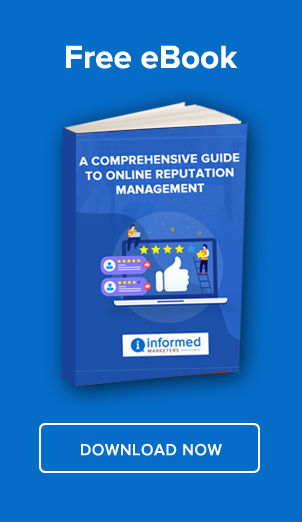The November 2024 Core Algorithm Update is part of Google’s ongoing effort to enhance search quality. These broad core updates happen multiple times a year, impacting global search results across industries, languages, and regions. Unlike smaller updates that target specific areas like spam, a core update affects overall ranking factors and can significantly influence website visibility in search results.
This article provides an in-depth look into Google’s recent changes, the potential impact on SEO, and best practices for improving or maintaining your website’s position in search rankings.
Key Features of Google’s November 2024 Core Algorithm Update
- Global and Multi-Language Impact:
The update affects rankings worldwide, covering all languages and industries. This broad scope means that any site, regardless of niche, might see fluctuations in its search position. - Enhanced Quality Standards:
Google’s primary goal with core updates is to ensure that its search engine surfaces the most relevant, high-quality information. Websites that focus on delivering value, accuracy, and expertise are likely to see favorable outcomes. Conversely, sites with outdated, thin, or irrelevant content might notice a drop in rankings. - Focus on Search Intent:
This update further sharpens Google’s focus on aligning search results with user intent. Content that directly answers user queries or provides clear, actionable information stands a better chance of ranking well. - Page and Content-Level Adjustments:
Instead of penalizing specific sites, core updates re-evaluate content and ranking factors across the board. A site’s visibility can change depending on its content quality, relevancy, and how it compares to similar pages.
How to Respond to the November 2024 Update
- Wait for Rollout Completion
Google’s algorithm updates roll out over several days or weeks. Immediate ranking changes are expected, but it’s best to wait for the rollout to complete before making significant adjustments to your website. - Use Google Search Console
After the rollout, analyze your Google Search Console data to identify fluctuations in rankings, impressions, and clicks. This tool provides a clearer picture of which pages are most affected. - Conduct a Content Audit
High-quality, relevant, and engaging content remains central to ranking well. Conduct a thorough content audit to identify pages that may lack value or fall short in addressing user needs. Improving underperforming content can lead to better results in future updates. - Focus on “E-E-A-T” Standards
Google has made it clear that Expertise, Authoritativeness, Trustworthiness, and Experience (E-E-A-T) are essential for high rankings. Content should be factual, supported by data, and demonstrate clear expertise on the topic. - Enhance Page Experience
A good user experience contributes significantly to page rankings. Google considers factors such as page speed, mobile compatibility, and layout stability. Websites that improve their technical SEO and ensure a seamless user experience often perform better over time.
Long-Term SEO Strategies Post-Update
- Consistency is Key: Regularly update content to ensure it remains accurate and relevant. Consistency in content quality contributes to building authority and trustworthiness.
- Diversify Content: Consider offering multimedia content, like video or infographics, which can enhance user engagement.
- Build Strong Backlinks: Backlinks from reputable sources continue to be important. Aim to build a natural link profile by earning links through high-quality, shareable content.
- Optimize for User Intent: Every piece of content should align closely with the search intent it addresses. Segmenting content by intent—such as informational, navigational, or transactional—helps improve relevance.
Frequently Asked Questions (FAQs)
1. What is a Google Core Algorithm Update?
A core algorithm update is a significant adjustment to Google’s search algorithm that impacts ranking factors on a broad level, often affecting visibility across various industries.
2. How can I tell if my site is impacted by this update?
Use Google Search Console to review changes in rankings, impressions, and clicks. Monitoring these metrics can indicate if your site’s visibility was affected.
3. Should I make immediate changes if my rankings drop?
No, it’s best to wait until the update rollout completes. Premature changes can worsen the impact or overlook underlying issues.
4. How long does recovery from a core update take?
Recovery can be gradual and depends on the quality of improvements. Sites that align with Google’s quality standards may see improvements with the next core update, which could take several months.
5. What are the main factors Google considers in core updates?
Google’s core updates focus on delivering content that is relevant, authoritative, and high-quality. Adhering to E-E-A-T standards and aligning content with user intent are central to ranking well.
Conclusion
Google’s November 2024 Core Algorithm Update continues the trend toward a more refined, user-centric search experience. By prioritizing content quality, relevance, and technical SEO, websites can better align with Google’s evolving standards. In the dynamic landscape of SEO, long-term strategies rooted in quality and user satisfaction remain the best response to core updates.






